Shocking Images of Quebec Fur Farms Prompt the Montreal SPCA To Call on Parties for a Ban
Press release – For immediate release
Montréal, September 8, 2022 –
Earlier this morning, Canadian animal law organization Animal Justice released images of Quebec fur farms taken last month by the photojournalism agency We Animals Media. In response to these images, which reveal the deplorable conditions in which foxes and minks are raised for fur production, the Montreal SPCA is calling for a ban on fur farms and is launching a campaign to that effect today. With the October 3rd provincial elections approaching, and given a majority of Quebecers oppose this industry, the SPCA invites the public to exert pressure on political parties to put an end to this dying industry.
“The heartbreaking images released this morning illustrate the suffering of hundreds, if not thousands, of animals who continue to be raised for their fur in Quebec,” said Me Sophie Gaillard, Director of Animal Advocacy and Legal Affairs and Interim Executive Director at the Montreal SPCA. Indeed, the images show foxes confined in small cages with wire floors, as well as minks raised in filthy, intensive conditions.
A particularly brutal industry for animals
Foxes and minks are curious, intelligent, and active animals with complex behavioral needs unique to their species. On fur farms, foxes, who in the wild roam territories of several square kilometers and dig complex dens, are confined to wire-floored cages measuring roughly one square meter. Minks, who are solitary, semi-aquatic animals, are crammed by the hundreds into cages stacked on top of each other inside sheds without access to water for swimming.
Such living conditions deprive animals of the opportunity to express their most basic natural behaviours, such as hunting, running, climbing, digging, swimming, and exploring. They cause chronic stress, in addition to the constant state of fear caused by the impossibility of escaping from human presence. The high frequency of abnormal behaviours, such as self-mutilation, cannibalism, and stereotypies (repetitive behaviors performed without apparent purpose), in animals raised for their fur is indicative of their psychological distress.
The killing methods used, chosen primarily in order to avoid damaging pelts, are also highly problematic. Foxes are typically killed by electrocution, by passing an electric current between two electrodes, one placed in the mouth and the other in the rectum of the animal. Minks are asphyxiated with CO2, a method known to be highly aversive to this species. These are not outdated or delinquent practices, but rather standard industry practices, which are even codified in the guidelines developed by the National Farm Animal Care Council.
Fur farms no longer belong in Quebec
The fur industry, and particularly fur farming, is currently in decline worldwide. Quebec is no exception: while in 1982 there were 226 fur farms in Quebec, today, in 2022, there are only three, one raising foxes and two raising minks[1].
The social acceptability of fur production is plummeting, leading more and more major brands to drop its use in their collections. And according to recent data, nearly three-quarters of Canadians support a federal ban on fur farms[2]. The majority of Quebecers want to see fur farms closed in Quebec[3].
More than 15 countries around the world have already banned fur farms, including most recently France, Italy and Ireland. In Canada, British Columbia became the first province to ban mink farming in 2021, a decision prompted by COVID-19 outbreaks on farms.
In 2015, the Quebec government amended the Civil Code to recognize that “animals are not things” but rather “sentient beings”. Quebec law also recognizes that we, as a society, have a collective responsibility to ensure their welfare.
“A ban on fur farming would be the logical next step in a series of animal protection reforms that have taken place in Quebec in recent years,” explains Me Gaillard. “It is simply no longer acceptable today, in 2022, to continue to inflict such suffering on sentient beings for the sole purpose of producing a luxury textile, which is absolutely unnecessary,” she insists.
Calling on political parties to take a stand
As part of the provincial election campaign, the Montreal SPCA is inviting the public to sign a letter condemning the suffering inflicted on animals raised for their fur. The letter, addressed to riding candidates as well as to the main political parties, demands a fur farming ban in Quebec.
-30-
Source: Montreal SPCA
Media contact: Anita Kapuscinska, Senior Consultant, Corporate Development and Media Relations, Montreal SPCA, 514-656-2760, anitak@spca.com.
About the Montréal SPCA – Founded in 1869, the Society for the Prevention of Cruelty to Animals (now known simply as the Montreal SPCA) was the first animal-welfare organization in Canada. Today, the Montreal SPCA is the largest animal protection organization in Quebec, speaking on behalf of animals wherever there is ignorance, cruelty, exploitation, or neglect.





